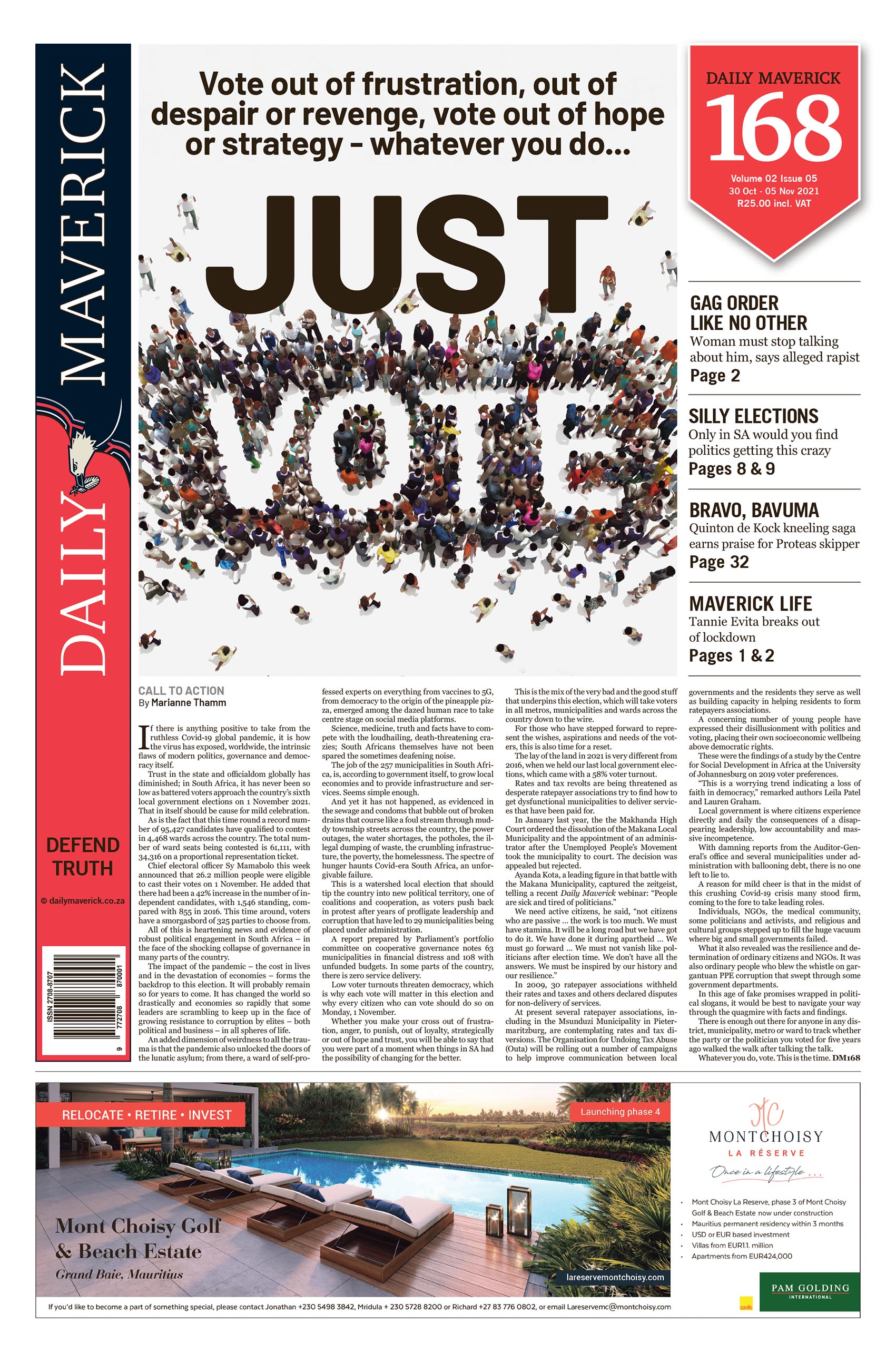On the way to the hotel, your boss puts his hand on yours and tells you he loves you. You arrive at the hotel and he offers to escort you to your room. You refuse. He leaves. He later that evening sends you a message: “Thanks for a wonderful evening and best of luck for tomorrow.” You reply: “Thanks for dinner, always a pleasure.”
This is obviously inappropriate behaviour by your boss. But there is a larger question: Does this constitute sexual harassment?
Obviously, I’m excluded from making a judgement on this issue, so I embarked on a rigorous scientific study to come to a conclusion: I asked some of my female colleagues. The results of the study were evenly split. But the discussions we had were fascinating.
Both the yeas and the nays said there is a lot we don’t know that might have changed their view. For example, did they really have such a good time during dinner that the boss felt he would not be breaching protocol to suggest a romantic liaison? What was the previous relationship between them? Were either or both married? And so on.
All survey members were unanimous that this was terrible judgement on the part of the boss. But those who thought it wasn’t sexual harassment just didn’t think these particular circumstances suggested the boss’s actions surmounted the hurdle over unwanted flirtation to sexual harassment.
For those who thought it was sexual harassment, the case was open and shut. “This is a textbook case,” one said. And in fact, if you look at the law and the guidelines on the topic, they are most probably right. In South African law, sexual harassment is any unwanted attention of a sexual nature that takes place in the workplace.
The important thing is that under this construction, it’s not pertinent for the perpetrator to argue that he, or she, didn’t intend it as sexual harassment. What is important is whether the victim feels it to be degrading or humiliating.
Obviously, the sample size and character of the subjects in my objective study are somewhat skewed. Female journalists in South Africa are not wilting flowers. But it does illustrate the difference between what some people think would constitute sexual harassment and what the law actually says.
Obviously too, this is not a random example. These were the facts that led to Sipho Pityana first feeling he had to resign from AngloGold Ashanti, and the Reserve Bank Prudential Authority feeling he could not be the chairman of Absa.
It should be noted, and this is very important, that this is the victim’s version. Pityana says he never gave her a lift to the hotel, and consequently he never propositioned her. Furthermore, there are text messages from his security detail – who were for some reason never questioned in the subsequent AngloGold inquiry – that do somewhat corroborate his version.
For the complainant’s supporters, the important thing is the enormous status difference between the complainant and Pityana. He was not just her boss, but everybody’s boss. How could she refuse an invitation to dinner from the chairman of the board?
But there is another fact on Pityana’s side of the ledger. She only reports it a year and a half later. Clearly, what he did does not ostensibly create such an offensive work environment that she feels she has to leave. On her side of the ledger, she reports it to her immediate boss that same night, and the decision not to take it further is her decision.
We rightly consider workplace sexual harassment to be just awful and more commonplace than people admit, particularly in SA. But is it not worth sparing some thought for the perpetrator too? Pityana is not only an accomplished businessperson, he was the force behind the Save South Africa movement, one of the very first businesspeople to stand up against then president Jacob Zuma’s State Capture efforts. Even if the complainant’s version is true, and I believe it is, is it fair on him that he should be excluded from running a bank board because of some stupid, borderline, disputed lapse that happened three years ago?
To be honest, I would struggle to answer that question. DM168
This story first appeared in our weekly Daily Maverick 168 newspaper which is available for R25 at Pick n Pay, Exclusive Books and airport bookstores. For your nearest stockist, please click here.


















 Become an Insider
Become an Insider
Workplace romancing is tricky, especially when there is a hierarchical power relationship, be it between teacher and student; supervisor and supervised; boss and secretary. My rule of thumb is a no-no; better err on the side of caution than hope it’s all above board and legit. A missed opportunity is better than a shadow of doubt on integrity.